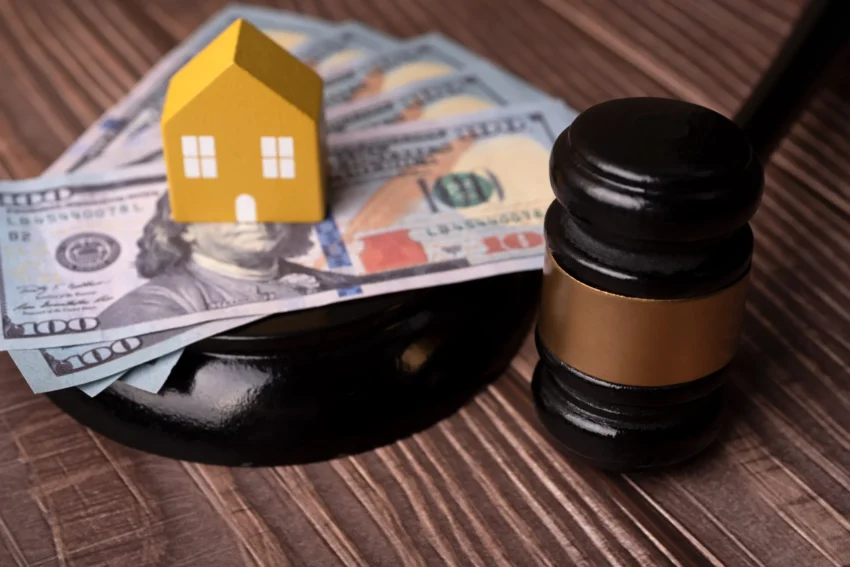Many people wonder about this question. Can an individual put a charge on a property? The simple answer is yes, but there are steps and rules to follow.
What is a Charge on Property?
A charge on property is a legal claim. It gives the person holding the charge certain rights over the property.
This claim often happens when someone owes money. The charge ensures the debt is paid.
Credit: azmemory.azlibrary.gov
How Does a Charge Work?
When a charge is placed, the property becomes collateral. Collateral means the property backs the debt. If the debt is not paid, the property can be sold to recover the money.
Steps to Put a Charge on Property
Placing a charge involves several steps. Here they are:
- Get a court order.
- Register the charge with the relevant authority.
- Notify the property owner.
Getting A Court Order
A court order is needed first. This order allows you to place the charge.
Going to court can be complex. You may need legal advice.
Registering The Charge
Once you have the court order, you must register the charge. This is done with the local land registry or relevant authority.
Registration makes the charge official. It also informs others about the charge.
Notifying The Property Owner
The property owner must be informed about the charge. This is usually done through a formal notice.
Informing the owner is important. It ensures transparency and fairness.
Why Put a Charge on Property?
There are many reasons to put a charge on property. Here are a few:
- To secure a debt.
- To ensure payment for services.
- To protect investments.
Securing A Debt
If someone owes you money, a charge can secure the debt. It acts as a guarantee for repayment.
Ensuring Payment For Services
Sometimes, services are provided on credit. A charge ensures payment for these services.
Protecting Investments
Investors may use charges to protect their investments. It ensures their money is safe.
Implications of a Charge on Property
Putting a charge has several implications. Here are some:
- Property cannot be sold easily.
- Property may be sold to recover the debt.
- Credit rating of the property owner may be affected.
Property Sale Complications
A charged property cannot be sold easily. The charge must be settled first.
Debt Recovery
If the debt is not paid, the property may be sold. The sale proceeds are used to pay the debt.
Credit Rating Impact
The property owner’s credit rating may be affected. A charge indicates financial issues.
Legal Advice and Assistance
Placing a charge involves legal processes. It is wise to seek legal advice.
Legal experts can guide you through the steps. They ensure everything is done correctly.
They also help with court procedures and documentation.

Credit: jonestownpa.wordpress.com
Frequently Asked Questions
Can An Individual Place A Charge On A Property?
Yes, individuals can place a charge on a property. It requires legal procedures.
What Is A Charge On A Property?
A charge on a property is a legal claim. It’s often by a lender.
Why Place A Charge On A Property?
Placing a charge secures a debt. It ensures repayment by the property owner.
How To Place A Charge On A Property?
To place a charge, contact a legal professional. They will guide you through the process.
Conclusion
So, can an individual put a charge on a property? Yes, they can. But, there are steps and rules to follow.
It involves getting a court order, registering the charge, and notifying the owner. The reasons for placing a charge are many, from securing a debt to protecting investments.
However, it comes with implications. It affects the property sale, debt recovery, and credit rating. Always seek legal advice before proceeding.
Understanding these steps and implications helps in making informed decisions.
